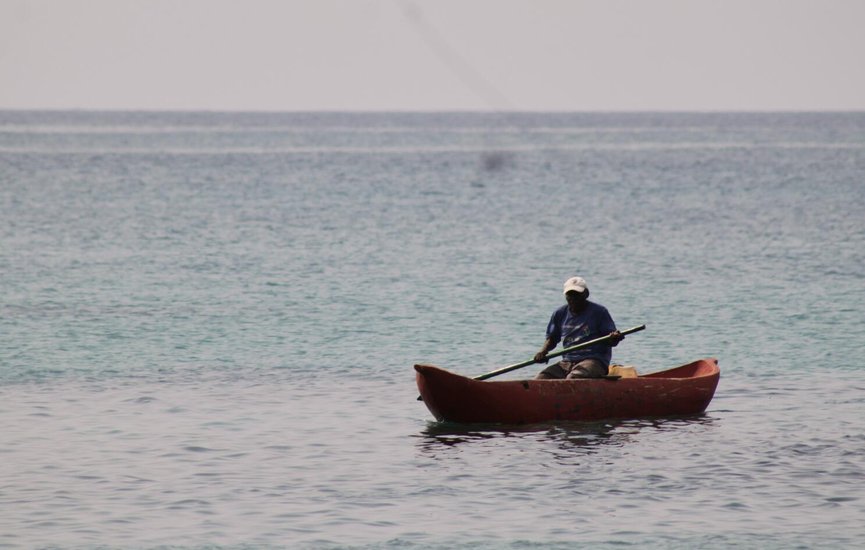LAGOS, Nigeria – In July of last year, residents of Equatorial Guinea's Annobón island wrote to the government in Malabo, protesting the dynamite explosions caused by a Moroccan construction company. They didn’t anticipate the swift response that followed: a year-long internet shutdown.
Dozens of signatories and residents were imprisoned for nearly a year, and the island's internet has been cut off since then, according to multiple residents and rights groups.
Those interviewed reported leaving the island in recent months, citing safety concerns and the hardships of living without internet. Banking services have ceased, emergency hospital services have stopped, and residents are burdened with high phone bills, as cellphone calls are the only means of communication.
While governments typically instruct telecom providers to restrict internet access to specific locations or websites, the exact details of how the shutdown is enforced on Annobón remain unclear.
The internet shutdown on Annobón island remains in place, as confirmed by residents and activists, amid reports that the Trump administration has considered easing corruption sanctions on the country’s vice president. The Moroccan company Somagec, allegedly linked to the president, acknowledged the outage but denied involvement, though no direct connection has been confirmed.
“This situation is extremely serious and worrying,” said one of the signatories, who spent 11 months in prison, speaking anonymously for fear of government retaliation.
In addition to the internet cut-off, “phone calls are heavily monitored, and speaking freely can pose a risk,” said Macus Menejolea Taxijad, a resident now living in exile. These measures are part of a broader crackdown on dissent, which also includes mass surveillance, according to a 2024 Amnesty International report.
The outage began in July after residents complained about dynamite explosions caused by a Moroccan construction company. Activists view the shutdown as part of a wider pattern of government repression. Equatorial Guinea, led by Africa’s longest-serving president, Teodoro Obiang Nguema Mbasogo, has faced criticism for silencing opposition. His son, the vice president, is accused of using state funds for a lavish lifestyle and has been convicted of corruption in France.
On Friday, the U.N.'s top court rejected Equatorial Guinea’s bid to reclaim a Paris mansion seized in a corruption probe, ruling the country had not established a plausible claim to its return.
Despite the nation’s oil wealth, over 57% of Equatorial Guinea’s population lives in poverty, while officials and their families lead opulent lives. The government has not responded to inquiries regarding the island's internet shutdown.
